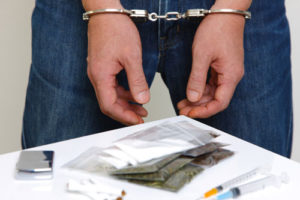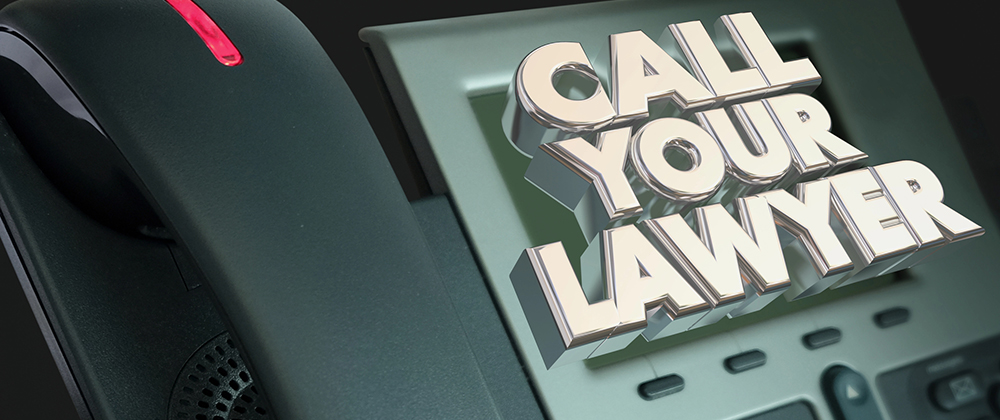 First: Don’t Speak Without an Attorney
First: Don’t Speak Without an Attorney
The police ― and, later, the courts ― can and will use anything you say against you. The Miranda warning exists for good reason; you have the right to remain silent. You should give the police your name and address, then refuse to answer any other questions until your attorney is present.
What Does “Possession” Mean?
Drug possession is the charge made when someone has a controlled substance without a valid prescription, but does not manufacture, distribute, or sell it. The drugs must actually belong to the person charged or be in their temporary control, and the person must be fully aware of their existence ― whether or not the drugs are in the person’s immediate physical presence.
Schedules
Drugs are grouped into five “schedules.” Schedule One drugs, such as heroin, have the highest potential for abuse and are not currently used in medicine. The other categories have decreasing levels of restriction, risks of abuse, and potential penalties for possession or distribution.
Defenses
Possession requires that the drugs be controlled by the defendant and that the defendant be aware of the drugs. An attorney can help you argue that the drugs in your apartment belonged to your roommate, or that you were unaware of the drugs found in the trunk of your friend’s car while you were driving it. Inaccurate crime lab results, invalid search warrants, and illegal searches by police can also harm the prosecution’s case.
Penalties
Penalties depend on the schedule of the drug, the amount possessed, your criminal history, and other factors. Most possession charges are third-degree felonies, though possession of less than twenty grams of marijuana is a first-degree misdemeanor. Possession with intent to sell is more serious than simple possession.
First-time, nonviolent offenders may go to drug court for treatment and counseling; misdemeanor offenders may have charges dropped if they complete a Pretrial Intervention Program. Some people convicted of drug possession get probation, with conditions such as drug testing, staying employed or in school, or community service. Others get prison ― up to 30 years for heroin.
Florida Drug Arrest Attorney
A drug conviction can haunt you for life, interfering with employment, housing, college financial aid, and more. If you, or a family member, have been arrested for drug possession in Florida, contact Port Saint Lucie criminal defense lawyer Jonathan Jay Kirschner, Esq. & Associates, LLC at (772) 489-8501.



